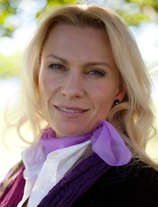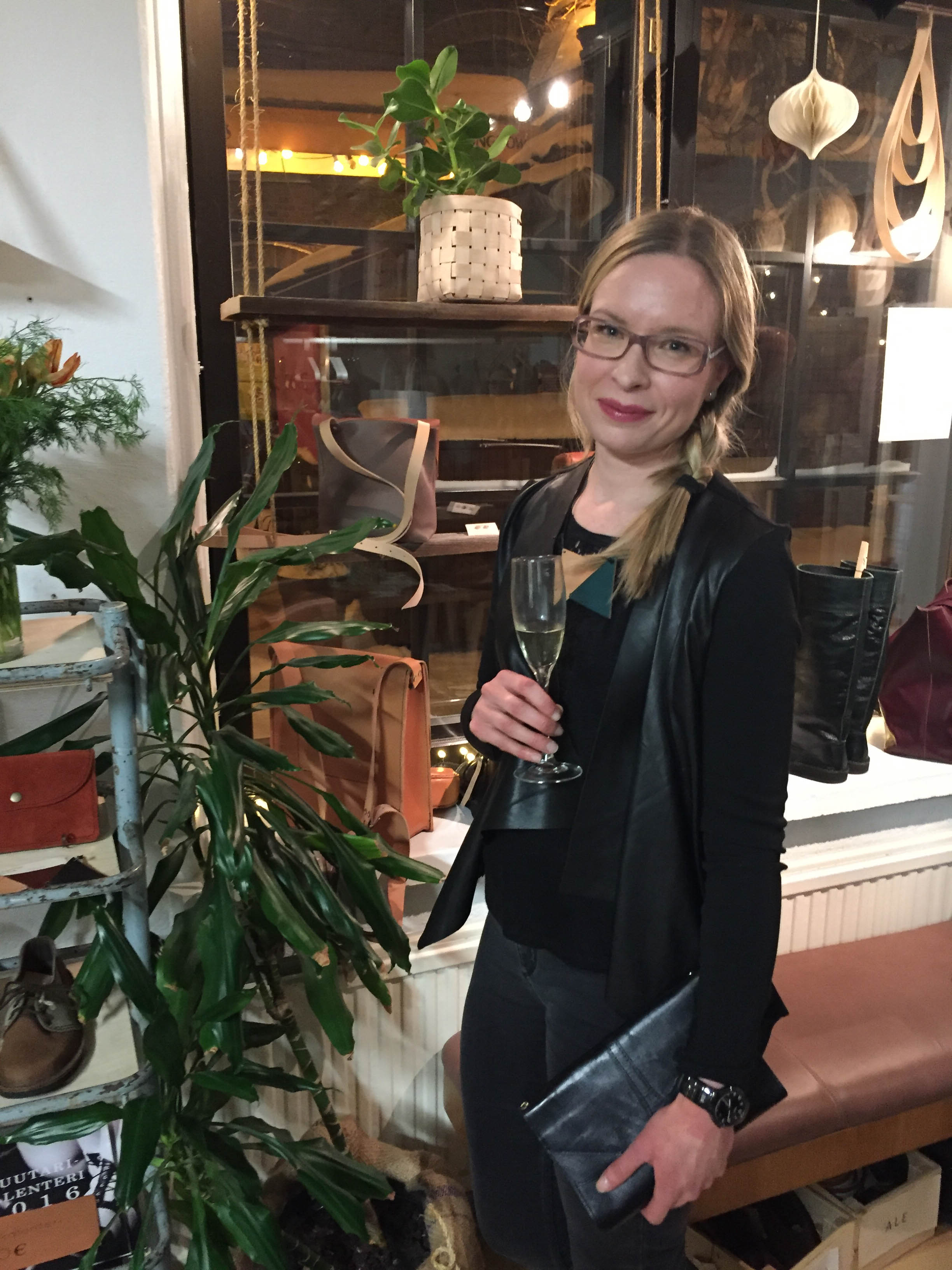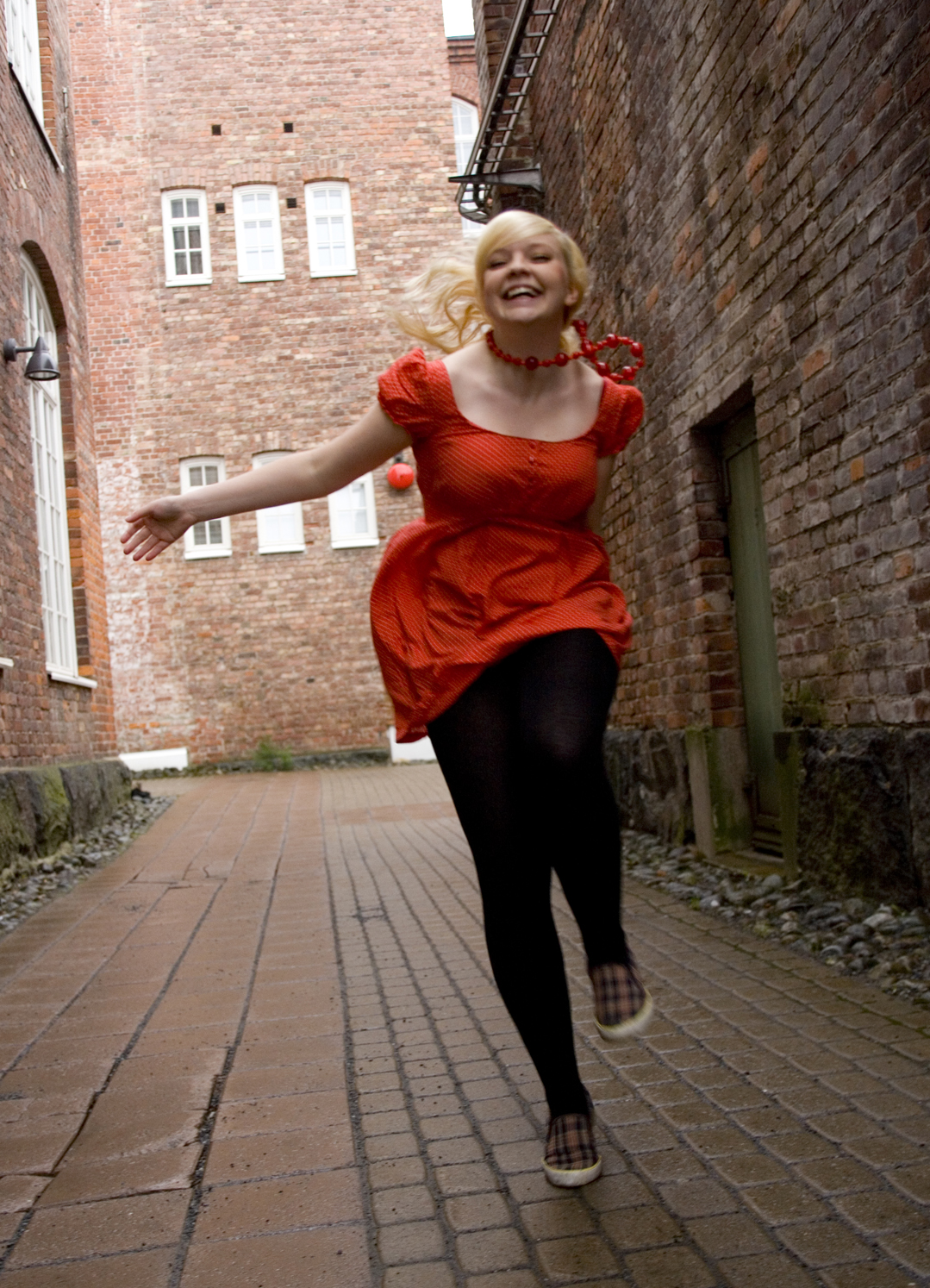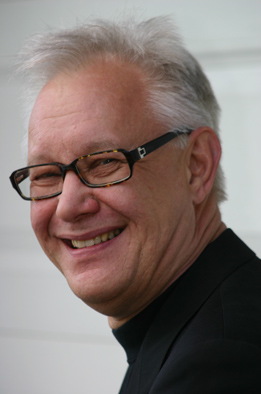s
s
s
Author: Päivikki Kuoppakangas
Päivikki Kuoppakangas is an economist, researcher and lecturer in Management and organizations. She is also specialized in EU policies and funding schemes.
The European Year for Active Ageing and Solidarity between Generations 2012 is about to come to an end. The idea was to raise awareness of the contribution that older people make to society.
The EU Commission’s short definition of Active ageing is: “growing old in good health and as a full member of society, feeling more fulfilled in our jobs, more independent in our daily lives and more involved as citizens.” At first glance the definition implies a happy ageing couple sitting on a living-room sofa, but a look at the webpages reveals a totally different picture. There are video clips of older gentlemen in karate gear saying, “Still going strong”, and of older ladies singing in a rock band. Slogans such as “Never too old” and photographs of energetic older people acting as volunteers and still engaged in working life evoke an image of dynamism in the elderly. One might ask if this really depicts what ageing and growing old is all about in reality, or is this how we wish to see it? There may well be an element of both.
Promoting the Year of Active Ageing
The thematic year has been celebrated on multiple occasions in most EU countries. We have even acknowledged it in our Hitti project, holding two international seminars on Active Ageing in the City of Pori, the contributors including six international academics and practitioners, as well as six national researchers. As a landmark event the network of European researchers on ageing, ERA-AGE, held its 10th and final conference in Brussels in September. Representatives from 12 different institutions and nine countries were present, including the Hitti-project researcher from Finland. The aim of the conference was to exchange good practices and research information on active ageing. What was refreshing was that Information and communication technology (ICT) was not the only solution on offer.
ICT and ageing well
ICT has its advantages in facilitating timely service provision in rural and remote areas but it does not replace human beings, and for this its promoters have been criticized. The EU has allocated enormous amounts of funding to ICT and ageing, as well as to other health projects. However, the research presentations at the ERA-AGE conference focused mostly on the physical activeness of the ageing population, and on how to tackle obesity and the overuse of alcohol. Efforts should also be targeted at younger people in order to avoid such problems later on. This brings us back to the point that ageing concerns all of us. Maintaining a healthy lifestyle before parenthood might provide young people with a solid basis for healthy and active ageing. In other words, healthy living would be the norm from young adulthood to middle age and beyond. Can active ageing be this simple? The EU Commission would like us to think so.
Contradictions “opening the door for innovation”
However we see it and whether we agree or disagree with the favourable image the EU Commission has built up to enhance and promote the thematic year of ageing, there is one thing we cannot escape: we are all getting older. Scientists argue, and are largely in agreement, that human beings begin to age at conception. Our research partners from the globally highly ranked Dutch University of Groningen have presented similar results. Accordingly, the current EU thematic year concerns all of us, regardless of age, from zero to 100 and more. Given that ageing is unavoidable, and that thus far there has not been a genuine scientific breakthrough in the area of anti-ageing, why don’t we make the most of it? We can be proud of the knowledge and experiences we gather over the years and as we teach, mentor and co-operate with members of younger generations, and we learn from them how to implement our knowledge in new sectors in an era of contradiction and change. With a both-and attitude and an acceptance of uncertainty we might also see new opportunities for innovations that could accelerate reforms in the health-care sector, at least in the developed countries. The positive impetus could also extend to welfare systems in general, and active ageing in particular.
For more information
European Year for Active Ageing and Solidarity between Generations 2012
The European Research Area in Ageing 2 (ERA-AGE 2)





